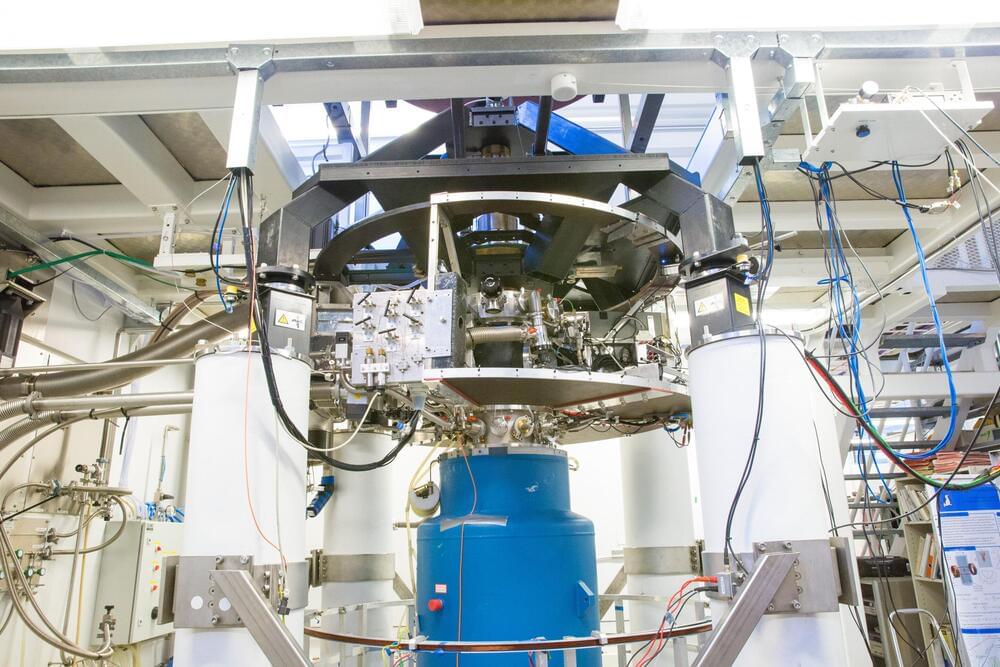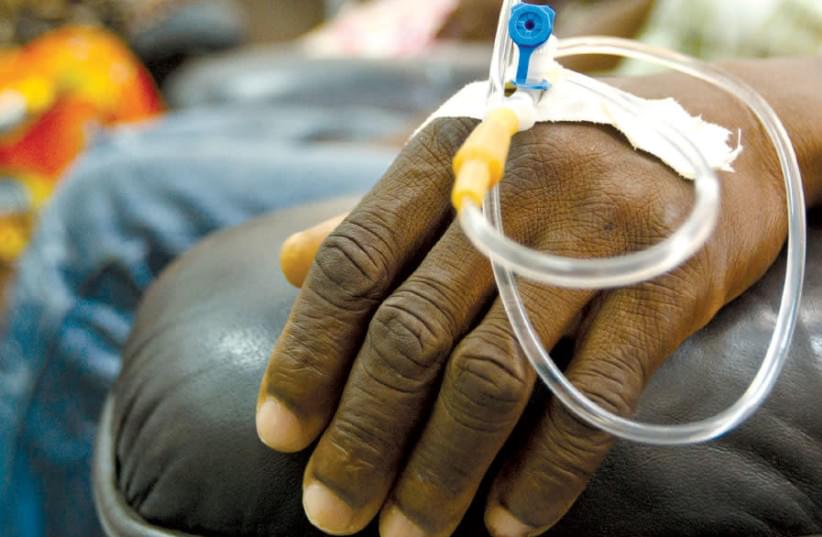
Could drinking coffee lead to a longer lifespan?
Many people will swear to the life extending properties of coffee, be it saving them from keeling over from exhausting in the early hours of the morning or saving an annoying co-worker from the unbridled rage of someone who hasn’t yet acquired their caffeine fix. Yes, coffee is without a doubt one of the most powerful (and mostly metaphorical) lifesavers of the modern world. However, recent studies into the effects of drinking coffee on human lifespan have found that it might very well have a significant impact on health and longevity. A study of 170,000 people from the UK found that those who drank between two and four cups of coffee a day were 30% less likely to die from all causes compared to those who did not drink coffee at all. Interestingly, the same study also revealed that taking a small amount of sugar with their coffee had no significant detrimental effects on the health of the coffee drinker. This is not the first study that has made such claims about the health benefits of coffee, in 2019 a team of scientists showed that on average coffee drinkers could be expected to live on average 2 years longer than those who did not consume the beverage.
So why coffee? What is it about this common beverage that is having such a significant impact on the health of those who drink it? The immediate conclusion one might be drawn to is that is has something to do with the caffeine found within the coffee, as this is commonly regarded as the most significant feature (or indeed to some, the entire point) of coffee. It certainly makes us feel more alert, increases our heart rate, and even increases our metabolism. However, this might very well not have anything to do with how coffee is actually helping to extend life. A similar study conducted by Harvard involving 500,000 British coffee drinkers (which linked coffee to a 14% lower risk of death) found that both caffeinated and decaffeinated coffee both improved an individual’s longevity, indicated that caffeine may not be what is responsible for the increased lifespan enjoyed by coffee drinkers.


















